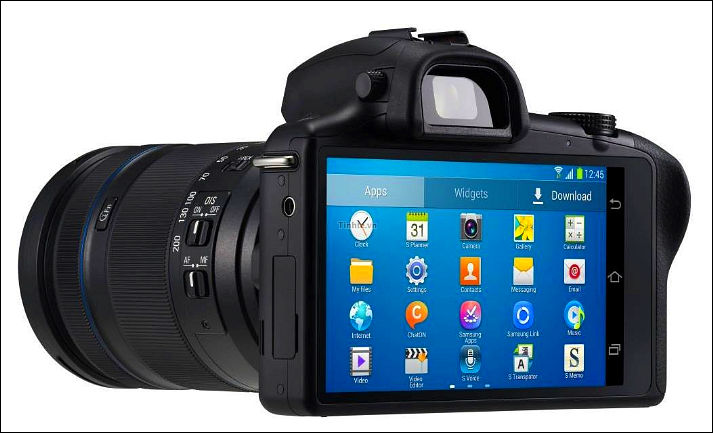
It allows to keep PV going, with more focus towards AI, but keeping be one of the few truly independent places.
-
An interesting development... Android-based cameras will from release version 5 support DNG raw photography.
Android 5.0 adds a huge list of features to the API that will enable developers build richer applications than before. The improvements in Camera API allow developers to achieve full Manual control over each camera parameter.
Android would now support DNG (or RAW) images out of the box. What this means is upcoming Android camera apps would be able to create RAW image along with PNG, JPEG for each shot.
The Camera 2 API delivers full resolution images in Realtime (i.e. same line speed of the camera), enabled by a fully synchronized pipeline. In layman’s terms, it can take the best out of the camera hardware, despite what OEM might set limits for in software. e.g. Nexus 5 can capture photos at 30 FPS, at it’s hardware maximum resolution of 8 megapixels.
Full Manual control
http://geeknizer.com/android-5-0-l-supports-pro-photography/
-
It's much more than just RAW on your phone....
An easy-to program API should be able to enable manufacturers implement full camera control onto future cameras - perhaps even existing cameras like the

Samsung Galaxy NX or APS-C , probably opening up new features that couldn't be hard-wired into the camera's original buttons when it was produced.
In fact, a camera manufacturer who now produces any new camera without seriously considering a full OS option might risk being out-competed by other manufacturers who do.
Interesting times ahead!
As a photographer, I'd like to see a familiar interface on almost any new camera; importing my own settings and being able to use it straight away without the usual long learning-curve. - That's if manufacturers agree to conform to standards. What's still likely is that big manufacturers will forsake Apple and Google camera OSes in favour of their own proprietary OS, along with product differentiation. After all, Android and iOS still only sit on top of a Unix/Linux kernel, which is only built to address certain functions of certain of the camera's processor and chips. A strong manufacturer might prefer the performance and control they get in modifying their own kernel and offering options the others cannot.
Howdy, Stranger!
It looks like you're new here. If you want to get involved, click one of these buttons!
Categories
- Topics List23,993
- Blog5,725
- General and News1,354
- Hacks and Patches1,153
- ↳ Top Settings33
- ↳ Beginners256
- ↳ Archives402
- ↳ Hacks News and Development56
- Cameras2,368
- ↳ Panasonic995
- ↳ Canon118
- ↳ Sony156
- ↳ Nikon96
- ↳ Pentax and Samsung70
- ↳ Olympus and Fujifilm102
- ↳ Compacts and Camcorders300
- ↳ Smartphones for video97
- ↳ Pro Video Cameras191
- ↳ BlackMagic and other raw cameras116
- Skill1,960
- ↳ Business and distribution66
- ↳ Preparation, scripts and legal38
- ↳ Art149
- ↳ Import, Convert, Exporting291
- ↳ Editors191
- ↳ Effects and stunts115
- ↳ Color grading197
- ↳ Sound and Music280
- ↳ Lighting96
- ↳ Software and storage tips266
- Gear5,420
- ↳ Filters, Adapters, Matte boxes344
- ↳ Lenses1,582
- ↳ Follow focus and gears93
- ↳ Sound499
- ↳ Lighting gear314
- ↳ Camera movement230
- ↳ Gimbals and copters302
- ↳ Rigs and related stuff273
- ↳ Power solutions83
- ↳ Monitors and viewfinders340
- ↳ Tripods and fluid heads139
- ↳ Storage286
- ↳ Computers and studio gear560
- ↳ VR and 3D248
- Showcase1,859
- Marketplace2,834
- Offtopic1,320




